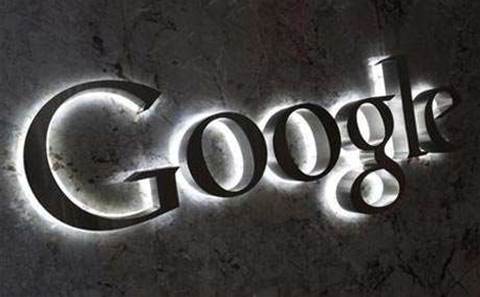Google's channel program is relatively young. When the program first launched, much partner business came from customers who first purchased direct from Google, but then realised they would benefit from a relationship with a solution provider.
Google Australia did not respond to our requests for comment.
While Google would not comment to CRN US on this story because it is based on leaked documents, it did respond to upset partners on the same message board hosting the complaints cited above.
Louise Byrne, a London-based director of partner operations for Google, noted in the forum that news of some of the upcoming changes – consolidation of partner programs and higher margins – broke unexpectedly, the result of the leak to the Wall Street Journal. Google was caught off-guard and had not yet planned all communications around the issue, she wrote.
But she said Google listened extensively to partner feedback and took into account the evolution of the market and its own products before structuring the new program. "Continued evolution of our products will ensure both more profitable license opportunities for our partners and more service opportunities," she wrote.
"Partners globally wanted the word 'partner' to truly mean something in the market and felt that the existing entry requirements did not reflect the strength of the partners in our ecosystem and the value that they can bring to our customers (we also got this feedback from our customers).
"When we examined our ecosystem we felt that the focus should be on helping our existing committed partners grow and be successful rather than having thousands more partners to join up (which is what would have happened if we had not changed requirements)," Byrne wrote on the board.
The Google executive also said that the changes encourage partners to focus on obtaining new customers, rather than maintaining revenues from legacy ones.







_(27).jpg&h=142&w=230&c=1&s=1)
.jpg&h=142&w=230&c=1&s=1)




.jpg&w=100&c=1&s=0)








_(1).jpg&q=95&h=298&w=480&c=1&s=1)


